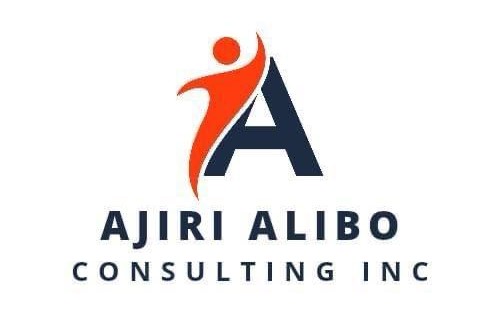Tax Strategies for Business Growth in the Insurance Industry

Running a successful insurance business isn’t just about making sales and closing deals. It’s also about managing your finances wisely, especially when it comes to taxes. If you can use the right tax strategies, you can keep more of your hard-earned money, which can help you grow your business faster. Let’s break down some simple tax strategies that every insurance agent and business owner should know.
- Understand Your Tax Deductions
As an insurance agent, you can claim many business expenses as tax deductions. This means that you can subtract certain costs from your income, which can lower the amount of taxes you owe. Common tax deductions for insurance agents include:
- Office Expenses: This can include rent, utilities, office supplies, and even software you use for managing your clients.
- Marketing Costs: Advertising, social media promotions, and marketing materials like business cards or brochures are also deductible.
- Professional Fees: If you pay for licenses, certifications, or continuing education to stay up-to-date in the industry, these are deductible as well.
By keeping track of these expenses, you can lower your taxable income and save money on taxes.
- Set Up a Retirement Plan
One of the best ways to reduce your taxable income is by contributing to a retirement plan. Whether you set up an individual retirement account (IRA), a 401(k), or another type of retirement savings plan, the money you contribute is often tax-deductible. Not only does this help you save for your future, but it also lowers your current-year tax bill.
For insurance agents, having a retirement plan is doubly important since you likely don’t have a company-sponsored plan (unless you work for a larger agency). Setting up your own plan can give you significant tax savings while helping you build wealth for retirement.
- Keep Track of Your Miles
If you drive your car for business, you can deduct the miles you drive for work-related purposes. Whether you’re visiting clients, attending meetings, or traveling to industry events, the IRS allows you to deduct the miles you drive for business. Be sure to keep accurate records of your mileage, including the date, purpose of the trip, and miles driven. This can add up to a big deduction at the end of the year.
- Use a Tax Professional
While there are many tax strategies you can take advantage of, tax laws are complex and always changing. Working with a tax professional who understands the ins and outs of the insurance industry can save you time and money. A professional can help you find every possible deduction, stay compliant with tax laws, and ensure you’re paying the right amount.
- Invest in Your Business
Reinvesting profits back into your insurance agency can also provide tax benefits. When you invest in tools, technology, or expanding your team, these costs can often be deducted. Plus, reinvesting in your business helps it grow, which can lead to higher profits in the future.
Final Thoughts
Taxes don’t have to be overwhelming. By understanding and using tax strategies like deductions, retirement contributions, and mileage tracking, you can keep more of your income and reinvest it into growing your insurance business. It’s all about being smart with your finances. Working with a tax professional can help ensure you’re using every strategy available to maximize your savings and keep your business on the path to growth.
